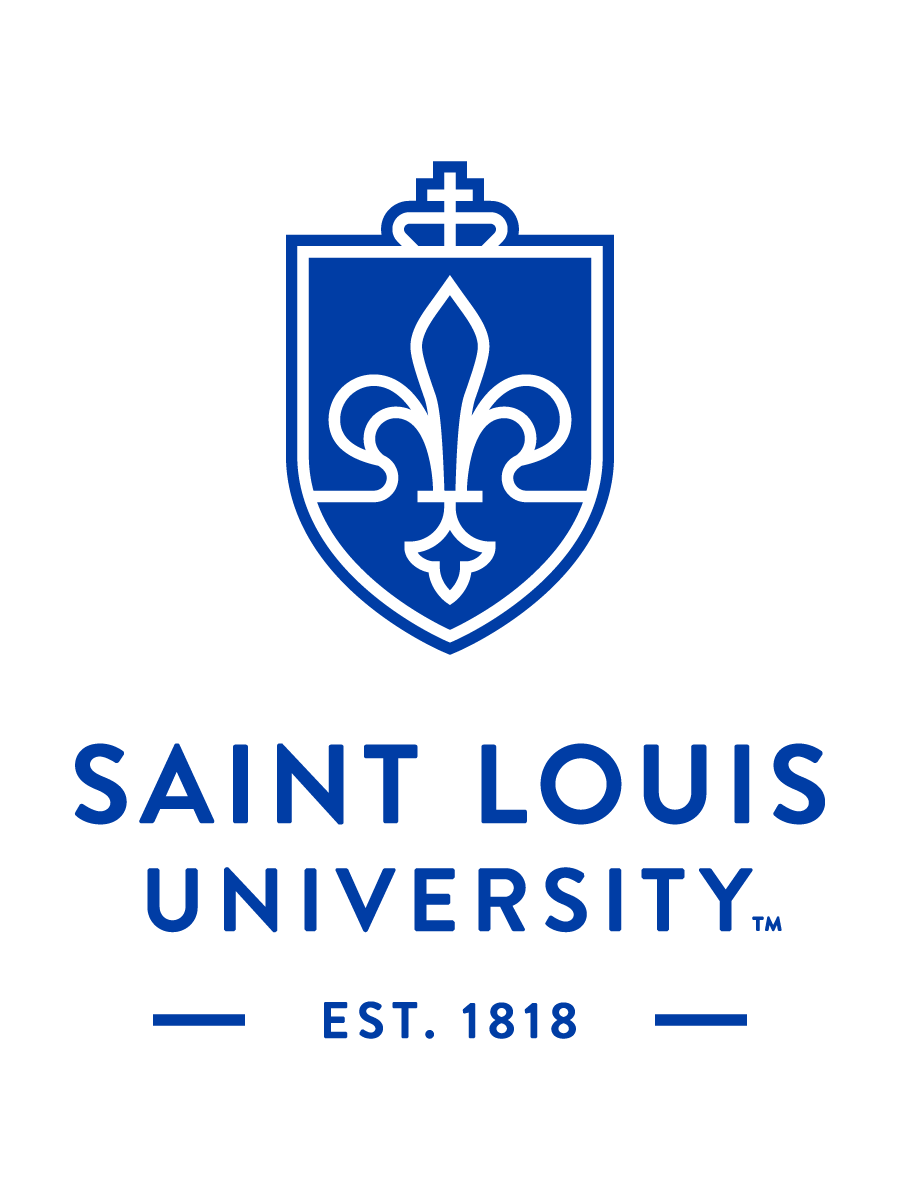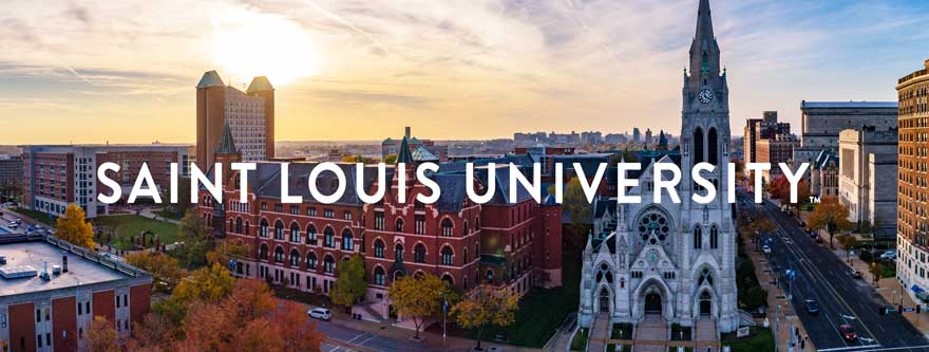Saint Louis University
- Missouri
- Orthodontics
- slu.edu

Program Contact
Center for Advanced Dental Education
Saint Louis University
3320 Rutger Street
St. Louis, MO 63104
The graduate program in orthodontics at CADE begins approximately the third week in June each year and continues for thirty consecutive months with graduation in December. A thirty-six month program can be arranged for students from certain foreign countries that require such a program for licensure. This period of full-time study provides for intensive instruction and training in the biological and clinical sciences related to the specialty of orthodontics. The course of instruction is designed to satisfy all the requirements for eligibility for licensure as a specialist, the specialty board in orthodontics, and the Master of Science degree. The program is fully accredited by the American Dental Association, is well-rounded and provides balanced training in clinical orthodontics, biomedical sciences, and discovery. Our goal is to prepare the graduate to pursue a career of many possibilities: as a clinician with a practice limited to orthodontics, as a researcher, or as a teacher of orthodontics.
Requirements for the Master's degree include the successful completion of all course work, satisfactory treatment of the assigned patients, acceptable performance on all didactic and clinical examinations, and the successful completion and defense of a thesis.
Instruction in the basic sciences at the postgraduate level is designed to provide broad and in-depth knowledge concerning the human form beyond that learned in dental school. Fundamental knowledge regarding all aspects of the human system is taught with particular focus on growth, development, and the biological aspects of tooth movement and alteration of bones. Formal courses are given in the areas of head and neck anatomy, oral biology, bone biology, genetics, and facial growth. Basic instruction also focuses on new technologies; computer science is an integral portion of the curriculum.
Following preliminary laboratory and classroom instruction, each resident initiates treatment on a large number of patients who present a broad array of dental malocclusions and skeletal deformities. Although residents are first introduced to the Tweed edgewise philosophy form of treatment, they are also exposed to Tip-Edge mechanics (the sequel to Begg therapy), functional and other removable appliances, and to various straight wire appliances. The supervising faculty present their philosophies and techniques by means of lectures, seminars, laboratory exercises, and demonstrations.
In the clinic, students are exposed to a wide array of patient types. Children, adolescents, and adults are treated; consequently students are exposed to treatment in the deciduous, mixed, and adult dentitions. Students are also exposed to cases with compromised oral health that require consideration of periodontal, restorative, and temporomandibular joint treatment. As a result, many patients are treated by an interdisciplinary approach with other healthcare professionals. Throughout the clinical experience, each student receives a great deal of faculty attention. The development of diagnostic and treatment skills is emphasized as a major responsibility to our students.
Additional courses and seminars augment the clinical experience covering the topics of diagnosis and treatment planning, cephalometrics, theoretical and practical biomechanics, oral pathology, oral medicine, multidisciplinary treatment, speech disorders, craniofacial defects with particular emphasis on cleft lip/palate rehabilitation, adolescent and adult psychology, implants, dentofacial orthopedics, surgical orthodontics, TMJ disorders, and practice management.
Program Information
| Accreditation | This program is accredited by CODA |
|---|---|
| Program Type | Orthodontics |
| Program Code | ORTHO972 |
| Degrees Offered | Certificate, Masters |
| Program Size | 14 |
| Program Length | 30 months |
| Application Deadline | September 1 |
| Program Start Date | June 22 |
| Supplemental Application | No |
| Supplemental Fee | No |
| Stipend Offered | No |
| Match Participating | Yes |
| Program Website | slu.edu |
Application Requirements
Required Standardized Tests
- GRE
- INBDE
- NBDE1
- NBDE2
- Passing the INBDE before matriculation into the advanced dental education program
Transcript Evaluation and Instructions
Transcripts from dental school and previous educational experiences. If you have attended Saint Louis University, it is your responsibility to request transcripts from the Registrar’s Office (314-977-2269). Transcripts in a foreign language must include a certified English translation (WES or ECE).
Letters of Evaluation Instructions
Three letters of recommendation. Two Professional Evaluation Forms (PEF) are required, along with one Institution Evaluation Form (submitted by the dean of the dental school). Additional PEFs can be submitted.
TOEFL Requirement Instructions
Foreign applicants are required to provide most of the items requested in the normal application process and, in addition, a foreign applicant must submit scores from the TOEFL (Test of English as a Foreign Language) examination and evidence of adequate financial resources. Saint Louis University’s TOEFL code is 6629.
Other Requirement Instructions
Personal statement. The personal statement provides the admissions committee with insight into what precipitated the applicant’s interest in this academic degree program. Specifically, what academic, professional and/or personal experiences influenced the decision to apply to Saint Louis University. This statement should also explain what the applicant expects to receive from the program and how that will affect the applicant’s plans in the future. This overview should be approximately 500 words.
A current resume’ or curriculum vitae. This should include information concerning academic, professional, and personal activities.
Foreign student applicants. Highly qualified foreign students may be admitted to advanced dental education programs in the Center for Advanced Dental Education at Saint Louis University. Foreign students must meet most of the same criteria for admission as U.S. citizens, must demonstrate competency in written and spoken English, and must demonstrate financial resources adequate to complete their education at Saint Louis University. Proof of financial support must include: 1) A letter of financial support from the person(s) or sponsoring agency funding your study at Saint Louis University. Depending on your situation, this could be from you, your parents or a scholarship agency, among other options; and 2) A letter from the sponsor's bank verifying that the funds are available and will be so for your duration of study at the University. The financial evidence must cover at least the amount needed for the first year.
The program does not require that applicants (U.S. and foreign) take and submit scores from the ADA Advanced Dental Admissions Test (known as ADAT). If, however, an applicant has taken the ADAT and wants to submit their scores, they may do so on a voluntary basis; this might be helpful for applicants who are graduating from dental schools who do not provide class ranks or G.P.A.
International Student Eligibility
This program will consider applicants who graduated, or plan to graduate, from a non-CODA accredited dental school: Yes
Applicants are eligible to enroll if they are:
- US Citizen
- US Permanent Resident
- Canadian Citizen
- Non-US Citizen/Resident (applicant must obtain their own sponsorship)
Interview Schedule
Interviews will be conducted in October, 2025.
Additional Information
Any supplemental materials should be mailed to:
Kimberly Cox
Center for Advanced Dental Education
Saint Louis University
3320 Rutger Street
St. Louis, MO 63104
After September 1, all completed applications are reviewed by the Orthodontic Admissions Committee for their consideration. The following factors are considered in deciding which students will be invited to interview:
1. General considerations (not in any particular order):
a. Academic performance in college and dental school
b. Disciplinary and civil record
c. Extracurricular activities
d. Morals, character, and integrity
e. Motivation and goals
f. National Board scores
g. Participation in organized dentistry
h. Graduate Record Examination scores
i. Research experience
j. Clinical experience
2. Letters of reference
Interviews
After the application materials are reviewed and evaluated, some applicants will be invited to interview. No students are admitted without a personal interview. Interviews are usually conducted in October or early November.
Admission Decisions
Each entering class consists of 14 students. The probability of success in graduate study is assessed using many criteria, but important characteristics are:
1. Dental and undergraduate school achievement with special emphasis on biomedical science and orthodontic course performance.
2. Performance on standardized tests.
3. Recommendations.
4. An assessment of ethical and moral conduct.
5. Experience and career direction.
6. Personality and professionalism.
